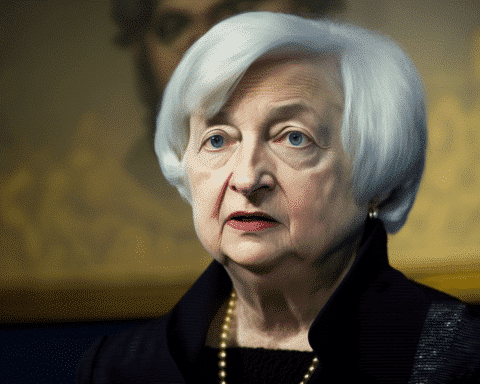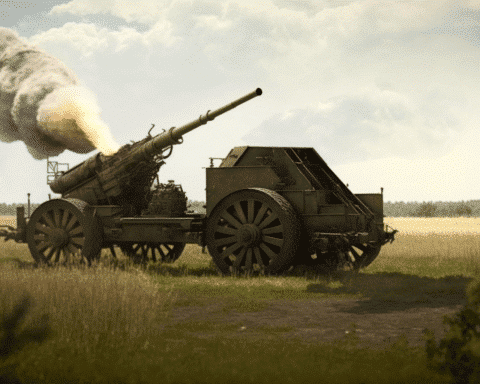Turkey’s parliament approved Finland to join NATO, removing the final obstacle that had delayed Finland’s entry into the alliance and creating a troubling situation for Russian President Vladimir Putin.
Finland’s NATO membership efforts, prompted by Russia’s invasion of Ukraine, were stalled due to Turkey’s reluctance to endorse its accession.
With Turkey’s approval, Finland obtained the support of all existing NATO members, a requirement for joining the alliance.
Only a few formalities, such as document signing, stand between Finland and its official NATO membership.
NATO’s expansion is a strategic catastrophe for Putin, who views the alliance as Russia’s most significant threat.
Putin attempted to justify his invasion of Ukraine by claiming it was necessary to prevent NATO’s expansion and proximity to Russia’s borders.
However, the invasion prompted Finland to discard its longstanding policy of neutrality. Public support for NATO membership surged, and both Finland and neighbouring Sweden applied for membership in May 2022.
Finland shares over 800 miles of land border with Russia. With Finland’s NATO membership, the border between NATO countries and Russia would double, expanding from approximately 750 miles to around 1,600 miles.
Russia threatened Finland and Sweden last year for seeking NATO membership, warning of retaliation if they were to join the alliance. Although Russia’s statements became more tempered over time, its ambassador to Sweden declared this month that both countries would become “legitimate targets” upon joining.

While most NATO members swiftly endorsed Finland and Sweden’s membership requests, Turkey prolonged the process for months, refusing to support either nation.
Turkey’s president accused Finland and Sweden of backing groups that Turkey regards as terrorists.
He stated earlier this month that Finland had taken “genuine and concrete steps” to address his concerns, and he now supports Finland’s accession to NATO.
Turkey has yet to approve Sweden’s bid for membership.
As the final approval for Finland’s NATO membership draws near, concerns have risen regarding the potential for increased tensions between NATO and Russia. The ongoing situation in Ukraine has already strained relations, and the addition of Finland to the alliance could further exacerbate these issues.
Despite Russia’s disapproval, Finland’s decision to join NATO has been fueled by its desire for increased security in the face of Russian aggression. The Finnish government has expressed concerns over Russia’s potential to target neighbouring countries following its invasion of Ukraine.
In addition to Finland, Sweden’s application for NATO membership remains pending, as Turkey has yet to endorse it. If Finland and Sweden join the alliance, the geopolitical landscape in the region will shift dramatically, raising questions about the future of relations between NATO and Russia.
The international community is closely watching the developments surrounding Finland and Sweden’s NATO bids, as the outcome will significantly impact the balance of power in Europe. NATO’s expansion could prompt Russia to take further action in response, potentially escalating the ongoing regional crisis.
To mitigate the risks associated with Finland and Sweden’s NATO accession, diplomatic efforts are being undertaken to maintain dialogue between NATO, Russia, and other stakeholders. However, the situation remains precarious, and the potential consequences of Finland and Sweden joining the alliance will continue to concern policymakers and analysts.
While Turkey has now approved Finland’s bid, the reasons behind its delay in supporting Finland and Sweden remain a subject of speculation. Some analysts suggest that Turkey may have used the delay to leverage concessions from NATO or to address its concerns regarding the two countries’ alleged support for groups Turkey considers terrorists.
As Finland’s NATO membership nears completion and the fate of Sweden’s bid remains uncertain, the international community must navigate the complex geopolitical challenges of NATO’s potential expansion and its implications for regional stability.
The impending accession of Finland to NATO and the possible inclusion of Sweden have raised concerns over the future of NATO-Russia relations and regional stability. As the international community navigates these complex geopolitical challenges, diplomatic efforts must be reinforced to maintain open communication channels and mitigate potential escalation. Policymakers and analysts must closely monitor developments to understand better the implications of NATO’s expansion on the balance of power in Europe and beyond.




